Category: Random Musings
-
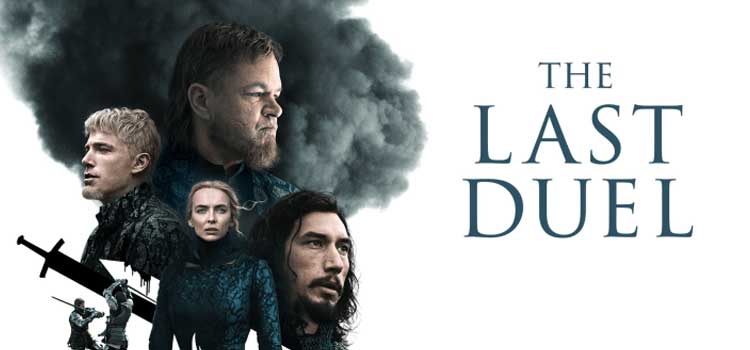
Eric Jager on Getting The Last Duel Made Into a Movie
Oh, that’s right, I am letting a REAL writer take over today. Eric Jager is the author of The Last Duel, which became the movie, The Last Duel. He also wrote another book I highly recommend called Blood Royal, but I digress. Eric is an amazing writer, a professor, and truly one of the most…
-
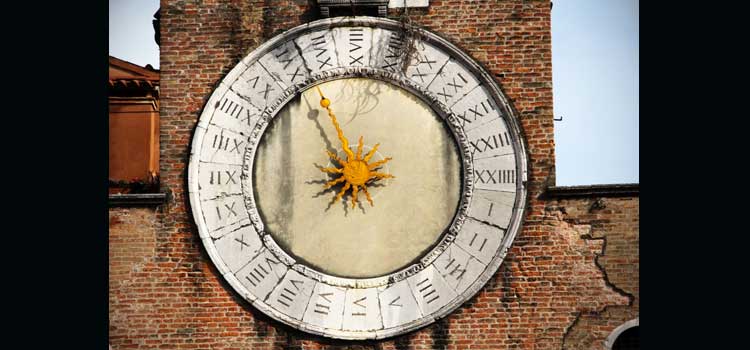
Timely History: Appeasement
Ever heard the word “appeasement”? If you haven’t yet, I have a feeling it will be coming up quite often. Let’s do the totally dorky but necessary first step in talking about a big idea and define it! I am going to go with the Cambridge Dictionary because it sounds fancy. “Appeasement” is the act…
-

Site Changes! 5 Star Reviews and the Podcast Page
Evolution is real and History Nerds United is not above it! First things first, we pulled down the personalized recommendations page and the virtual book club. No one used them. They had to go. In their place is two new pages: The Podcast Page – It is exactly what you expect. It has every podcast…
-
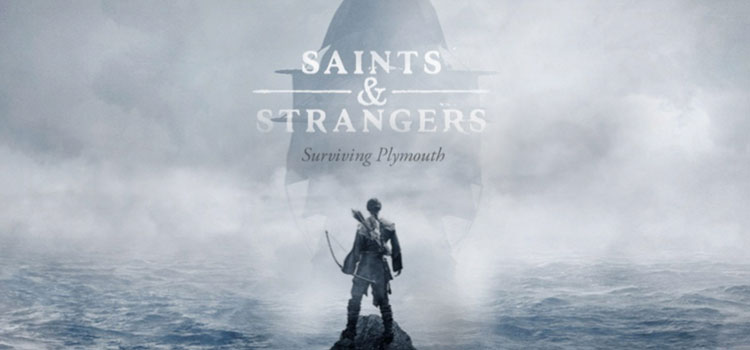
Happy Thanksgiving 2021!
Happy Thanksgiving 2021, nerds! Never forget that 400 years ago, the Pilgrims landed on our shores and proceeded to find opportunity and success. Before you think it was all rosy, go watch the Saints & Strangers miniseries. It should be a Thanksgiving tradition like watching A Christmas Story during Christmas. Yes, you can watch it…
-
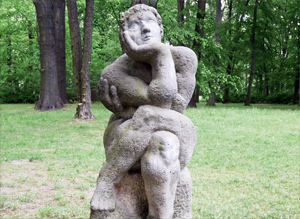
Mailbag #1
I asked and then you asked! Here are the questions I got from my loyal readers. Some were good, some were bad, and some were quite profane. You people need a therapist or Jesus. Not sure which one. I did some editing to the questions for clarity, space, and again, because some were filthy. I…
-

Musing: Why No Politics
I have been asked why I don’t delve into current politics. The world, and especially the U.S., seem to be filled with people taking very strong stances on literally everything. I can affirm this by looking at my Facebook feed. My response is simple: history does it all for me. Case in point, here’s the…
-
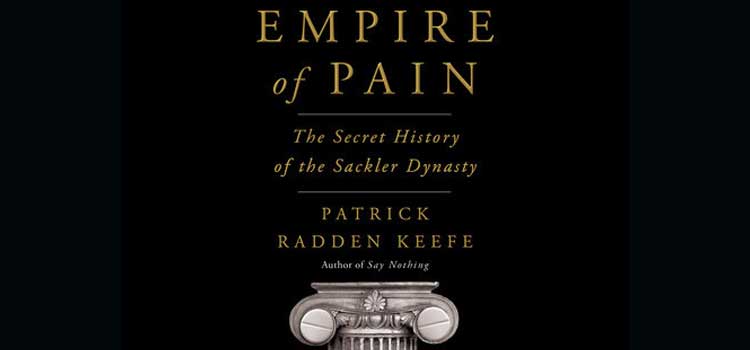
My Personal History: Empire of Pain – My Coda
I recently finished Empire of Pain by Patrick Radden Keefe. (Spoiler: I loved it.) It touches on the reasons for the opioid epidemic in the United States and how it came to be. The book is extremely powerful, enraging, and for me deeply personal. You see, from about 2005 to 2007, I was taking Percocet,…
-

Happy New Year (Almost!)
Well, how the hell do you sum up a year like this? I got it! I’ll just plagiarize myself! From last year: “All that being said, there was also amazing highs to balance the lows. My family and friends are more than I could ever ask for. A little website called History Nerds United started…
-

Merry Christmas!
Hello, nerds and Merry Christmas (Eve)! Here is my list of “must watch” Christmas movies: A Christmas Story. Duh. National Lampoon’s Christmas Vacation. Die Hard. Any suggestion it is not a Christmas movie is both wrong and unamerican. A Charlie Brown Christmas. Elf. Mickey’s Christmas Carol. Or, you know, read something. I think I’ve given…
